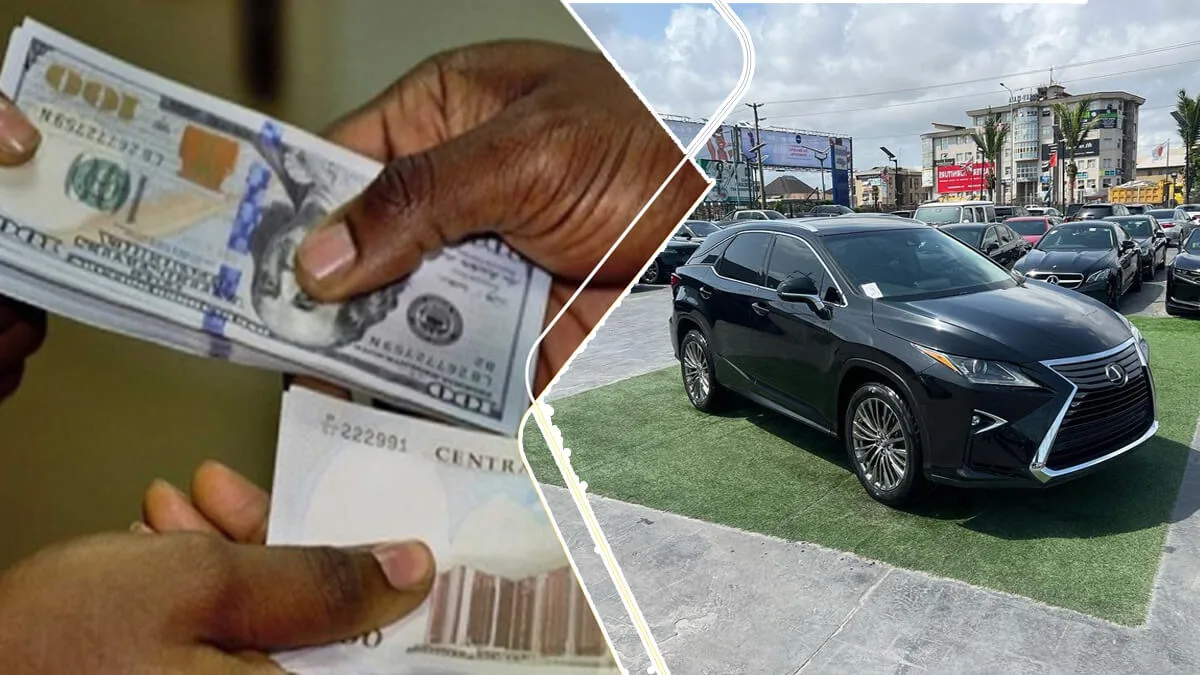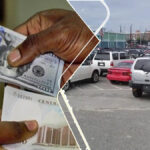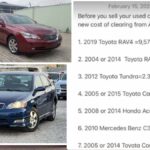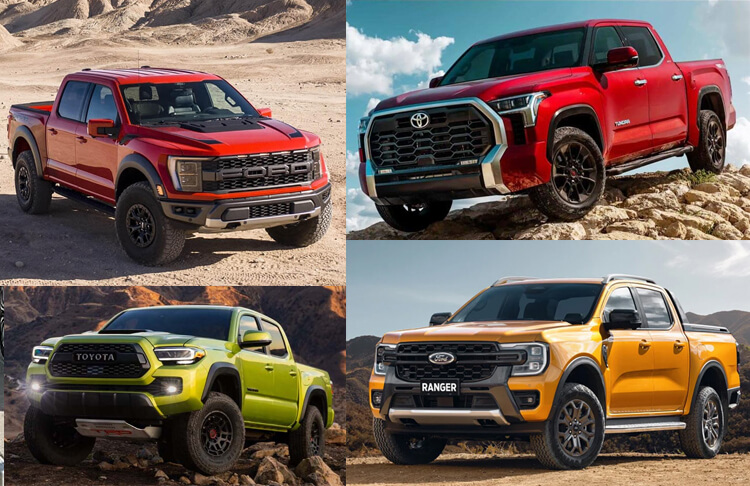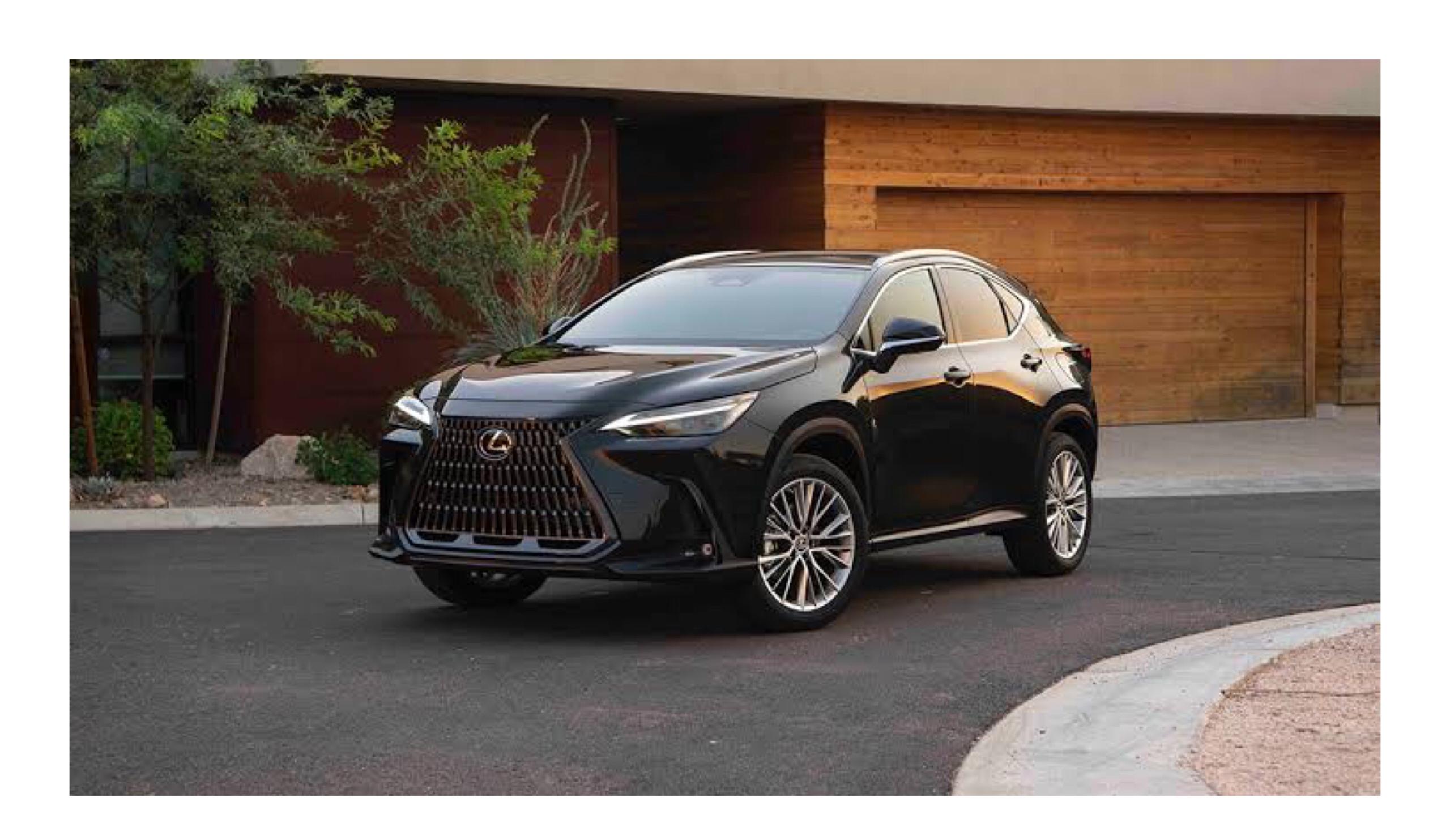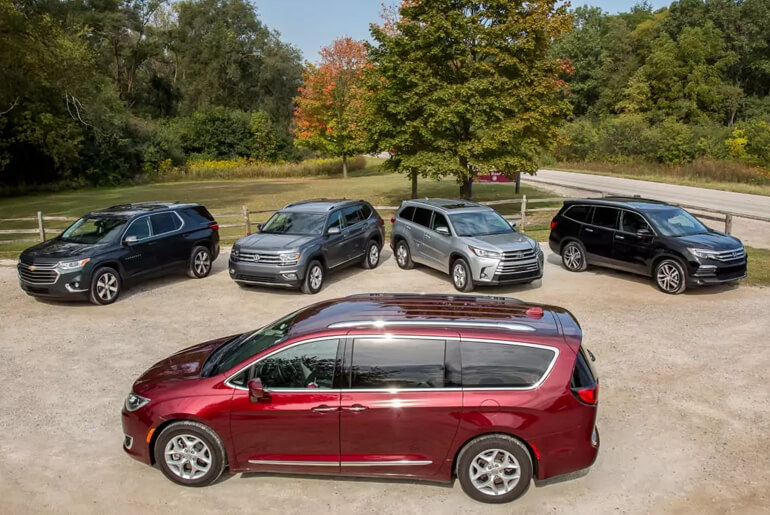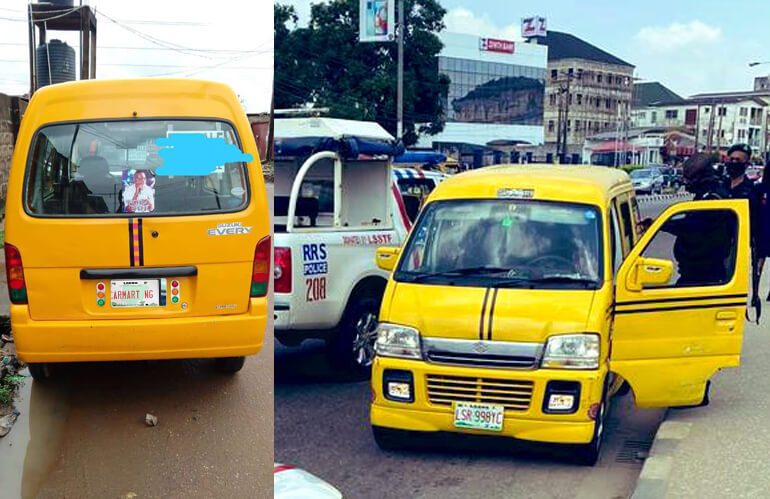One Nigerian market that the high dollar exchange rate has significantly impacted is the car market. The continuous fluctuation of the Naira-Dollar exchange rate meant it impacted both car dealers and many Nigerians hoping to purchase cars.
Table of Contents
In this article, we explore the implications of the current Naira-Dollar exchange rate, and what it means for car dealers and buyers in Nigeria.
The Increase of Car Prices in Nigeria Due to High Naira-Dollar Exchange Rate
The Naira depreciation has greatly affected car sales in the Nigerian automotive industry. This means that affording a car is quickly becoming an unattainable luxury for many Nigerians; whether old or new cars, their prices keep skyrocketing in the Nigerian car market.
The depreciating Naira is fast making it impossible for Nigerians to afford basic cars as car ownership becomes a thing of luxury.
Despite many cars being phased out by automakers, in the Nigerian market today, these cars are readily available, appreciating in value even though a majority of them have passed the 20-year mark for a durable car. This is a direct result of the naira devaluation, which has also made the prices of brand-new cars highly expensive, with Nigerians resorting to the fairly used and Nigerian used segments.
A good instance is the Toyota Camry 1998-1999, which has become a well sought-after Nigerian used vehicle selling for as much as N1.5 to N2 million depending on the condition. As of 2012 and 2015, these same vehicle models sold at N500,000 and N600,000.
A Toyota Camry 1998 that was sold for N350,000 in 2010 and sold for N800,000 in 2021. Any Nigerian will be lucky to get any of these vehicles for N1.5 million. In fact, these cars have become highly sought-after for many Nigerians who have begun moving into ride-hailing services like Uber, Bolt, and InDrive, to make ends meet.
Another instance is a Tokunbo-used 2005 Toyota Corolla model that sold for N1m to N1,200,000 in 2020 now being sold between N3.5 to N4.5 million. Also in the category are the 2010s, 2011s, and 2012 models, which have equally appreciated significantly. These categories for the Tokunbo segment sold between N3.6m and N4.5m around 2021 but now sell for N7 and 8 million.
The Toyota car brands are not the only ones that have experienced an increase in price as other brands like the Honda, Hyundai, and Lexus, among other popular brands, have all witnessed drastic rises in value, which gives the owners confidence in getting value for the vehicles anytime they decide to sell.
A brand new Honda CRV 2022 sold for N17m in 2022 costs as much as N28 million at the moment. Also, a car owner who bought a foreign used Hyundai Sonata 2018 for N9.2m in 2021 can sell the same vehicle for N13 million today.
How Import Duty Adds to the Increased Cost of Car Purchase in Nigeria
Another way the Naira-Dollar exchange rate has affected the price of cars in Nigeria is through the import duties car dealers are tasked to pay in the country. The cost of imported cars in Nigeria has been hugely influenced by import duties.
On all imported vehicles, the Nigerian government imposes import tariffs. A car’s overall price may be increased by up to 35% as a result of the sizable import duties that apply to vehicles.
The worth of the car and the engine’s capacity are used to determine the precise import duties that apply to automobiles. By raising the price of imported cars relative to locally produced vehicles, these taxes aim to safeguard the regional auto sector.
Following the high import tariff on automobiles, demand has declined in Nigeria, as many cannot afford to pay for these cars.
How Nigerians are Adapting to High Dollar Rates Impact on Car Ownership and Transportation
In Nigeria today, virtually the price of everything has advanced following the fuel subsidy removal and then the Naira fluctuation in the international market. While this has impacted car ownership, it has also impacted how Nigerians are adjusting to current realities.
The Naira fluctuation has not only affected car ownership, but it has also impacted the public transportation sector, which is already dealing with the blows sustained from the subsidy removal. For many public transport companies, the resort has been a price increase, which some Nigerians still cannot afford to pay.
Since many Nigerians cannot afford a car, and those who own one cannot afford regular fuel purchases, many are devising creative ways to stay afloat. While some stick to public transport to convey them to and fro their destinations, those who cannot have been subjected to either sleeping at their place of work or having to hitch rides and split fare with a group of others.
With the price of cars continuously increasing, there’s little hope that these prices will fall following the country’s current economic situation. There’s no certainty that the prices of cars will magically drop until there’s a change in the present economy.
Tips for Car Buyers in Nigeria
The current economic situation makes it completely impossible for most Nigerians to afford a car today. However, there are still measures Nigerians with buy cars in the present economy. Here are some helpful tips for those looking to buy cars in Nigeria presently:
- Price Negotiation
Car price negotiation is important more than ever in this present economic situation. While car dealers might not have a lot to remove from car prices today, a bit of haggling could go a long way as you could end up getting a better deal than you’d imagine.
- Buying from Private Sellers
Another helpful way to reduce the cost of car purchases in Nigeria today is to purchase from private sellers—those reselling their old cars will provide buyers with better deals compared to what car dealers will offer.
- Buying Older Model Vehicles
Of course, everyone would want the opportunity to purchase a brand-new vehicle or even a used version of the latest model vehicle. However, there are still many older model vehicles in the market that are not just good deals but are in perfect shape.
- Go for a Less Popular Car Brand
Everyone in Nigeria must not own a Mercedes Benz, Toyota, or Honda vehicle. If you cannot afford a Toyota/Honda, perhaps consider getting a Kia or Hyundai or any other vehicle brand that’s not as popular as Toyota or Honda. The truth is that many of these car models are as efficient and reliable as Mercedes, Toyota, and Honda cars.
Conclusion
Buying cars in Nigeria today is no longer for the weak. However, the tips above will help you cushion some of the blows that come with buying cars in Nigeria today.
Have 1 million naira and above to Buy or Sell Cars In Nigeria? Check carlots.ng
All rights reserved. Reproduction, publication, broadcasting, rewriting, or redistribution of this material and other digital content on carmart.ng is strictly prohibited without prior express written permission from Carmart Nigeria - Contact: [email protected]

